Burkina Faso’s President Ibrahim Traore Declares Africa Doesn’t Need the World Bank, IMF, Europe, or America
In a bold and powerful statement, Burkina Faso’s President, Ibrahim Traore, has proclaimed that Africa no longer needs to rely on financial institutions like the World Bank, the International Monetary Fund (IMF), or foreign powers such as Europe and America. According to Traore, the African continent is rich with the resources necessary to build its own economy and achieve prosperity without depending on loans or financial aid. His remarks challenge the longstanding financial structures that have often tied African nations to external debts and dependence.
The president’s message resonates with many who have long criticized the economic models imposed by international financial institutions and foreign governments. In his call for a more self-reliant Africa, Traore has sparked important conversations about sovereignty, resource management, and the future of African economies.
The Context Behind President Traore’s Statement
Ibrahim Traore’s statement comes at a time when many African nations are grappling with the effects of colonialism, international debt, and economic dependence. For decades, African countries have relied on loans from institutions like the World Bank and IMF to fund infrastructure projects, economic development, and social programs. However, these loans often come with conditions that can limit a country’s autonomy and economic growth.
The debt burden has been a critical issue for many African nations, with high levels of external debt leading to a cycle of borrowing and repayment that has left some countries struggling to achieve long-term economic stability. Critics argue that the policies imposed by the World Bank, IMF, and other financial institutions have often favored Western interests, leaving African nations dependent on loans that they struggle to repay.
President Traore’s declaration is a challenge to these traditional financial systems. By emphasizing that Africa has the resources to build its own economy, he is calling for a paradigm shift away from external dependence. His message reflects a growing movement across the continent that seeks to reclaim economic sovereignty and reduce reliance on foreign aid and loans.
The Resource Wealth of Africa: A Continent of Untapped Potential
One of the central points of Traore’s statement is the assertion that Africa has the natural resources necessary to develop its own economy. Indeed, Africa is a continent rich in resources, from vast mineral deposits to fertile agricultural land, oil, and gas reserves. Countries like Nigeria, South Africa, and Angola have long been key players in global energy markets, while nations like Zambia and the Democratic Republic of the Congo are among the world’s leading producers of copper and cobalt.
However, despite this abundance of resources, much of Africa’s wealth remains untapped or underdeveloped. For years, multinational corporations and foreign governments have extracted these resources with little benefit to local populations, leaving many African nations struggling with poverty and inequality. Traore’s message highlights the need for African countries to take control of their own resources and ensure that the wealth generated from them is used to benefit their people.
Building on this, Traore’s call for self-sufficiency underscores the importance of investing in local industries, technology, and infrastructure to foster long-term economic growth. By focusing on sustainable development and resource management, African nations can potentially break free from the cycle of debt dependency and create more resilient economies.
The Role of African Unity in Economic Independence
While President Traore’s message focuses on Burkina Faso, it resonates with many African leaders and citizens who are advocating for greater unity across the continent. The African Union (AU), a continental body aimed at promoting political, economic, and social integration, has long pushed for stronger ties between African nations in order to tackle shared challenges.
A key aspect of achieving economic independence for Africa lies in fostering regional cooperation and integration. The African Continental Free Trade Area (AfCFTA), which came into effect in 2021, aims to create a single market for goods and services across the continent, reducing the reliance on external markets and fostering intra-African trade. By strengthening these regional partnerships, African countries can create more sustainable and equitable economic growth.
Traore’s message also emphasizes the importance of leadership in driving this change. His bold stance against foreign financial influence can inspire other African leaders to adopt similar approaches, pushing for reforms that prioritize African development and reduce the influence of external forces.
The Global Relevance of Traore’s Remarks
President Traore’s statement is significant not just for Burkina Faso, but for the entire African continent. It speaks to the broader conversation about Africa’s role in the global economy and its relationship with the West. Many African leaders have expressed frustration with the conditionality attached to loans from international financial institutions, which often come with austerity measures and restrictions on government spending.
Moreover, the growing global shift towards decolonization and the need for greater self-determination among formerly colonized nations has made calls for economic sovereignty more urgent. As African countries continue to assert their independence, there is a growing demand for a fairer international financial system that allows African nations to chart their own development paths without being burdened by external debt.
Additionally, the conversation around financial independence and resource management has become even more relevant as climate change becomes an increasing global concern. Africa, with its vast natural resources, is seen by many as key to addressing global energy needs, particularly with the rise of renewable energy sources. Yet, despite its potential, the continent remains underrepresented in global energy discussions and continues to face challenges related to foreign exploitation of its resources.
The Challenges Ahead for Burkina Faso and Africa
While President Traore’s vision is inspiring, achieving financial independence will not be easy. Africa faces several challenges in its quest for self-reliance, including political instability, inadequate infrastructure, corruption, and external pressures from global powers.
For Burkina Faso, which has faced security challenges due to rising extremist violence in the Sahel region, the road to economic independence will require not only financial reforms but also efforts to restore peace and stability. Traore’s government will need to balance its push for economic self-sufficiency with the need to address internal security and social issues.
For the continent as a whole, reducing dependency on external loans requires significant investment in education, technology, and governance. African nations will need to develop strong institutions, improve transparency, and ensure that the benefits of economic growth are widely distributed.
Conclusion: A New Vision for Africa’s Future
President Ibrahim Traore’s bold declaration that Africa doesn’t need the World Bank, IMF, Europe, or America to build its economy is a call to action for the continent’s future. It challenges Africa to take control of its resources, assert its economic sovereignty, and build a future where its people are no longer financially dependent on external forces.
As the continent continues to face complex challenges, including climate change, political instability, and economic inequality, the need for a new, more equitable global financial system has never been more pressing. Traore’s message is not just a statement of defiance but an invitation to Africa to look within and harness its own potential. The journey towards economic independence will not be easy, but with resource management, regional cooperation, and strong leadership, Africa has the opportunity to reshape its future on its own terms.
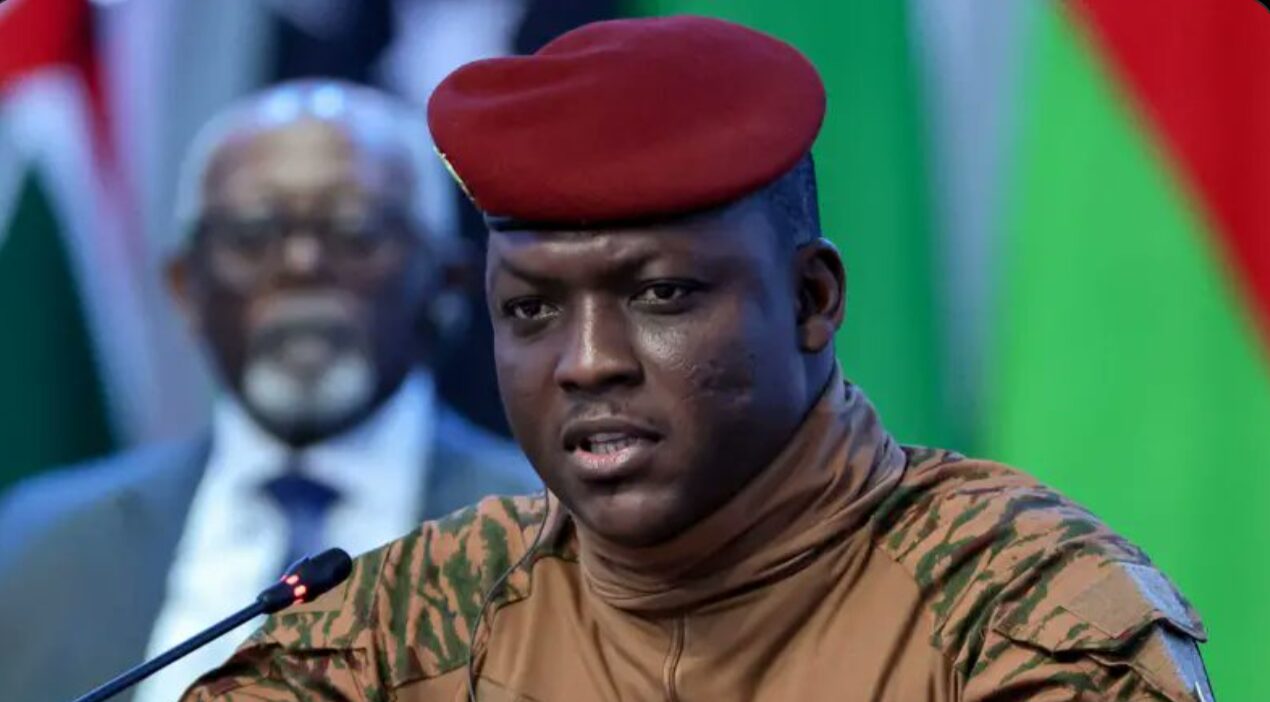
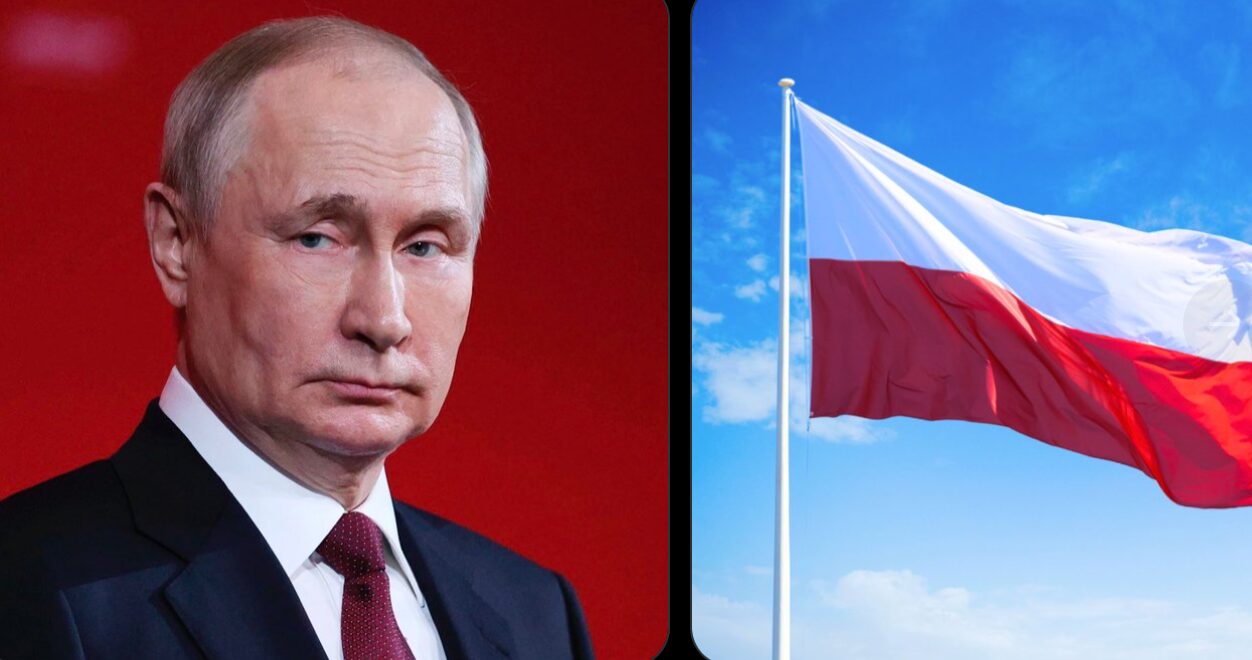
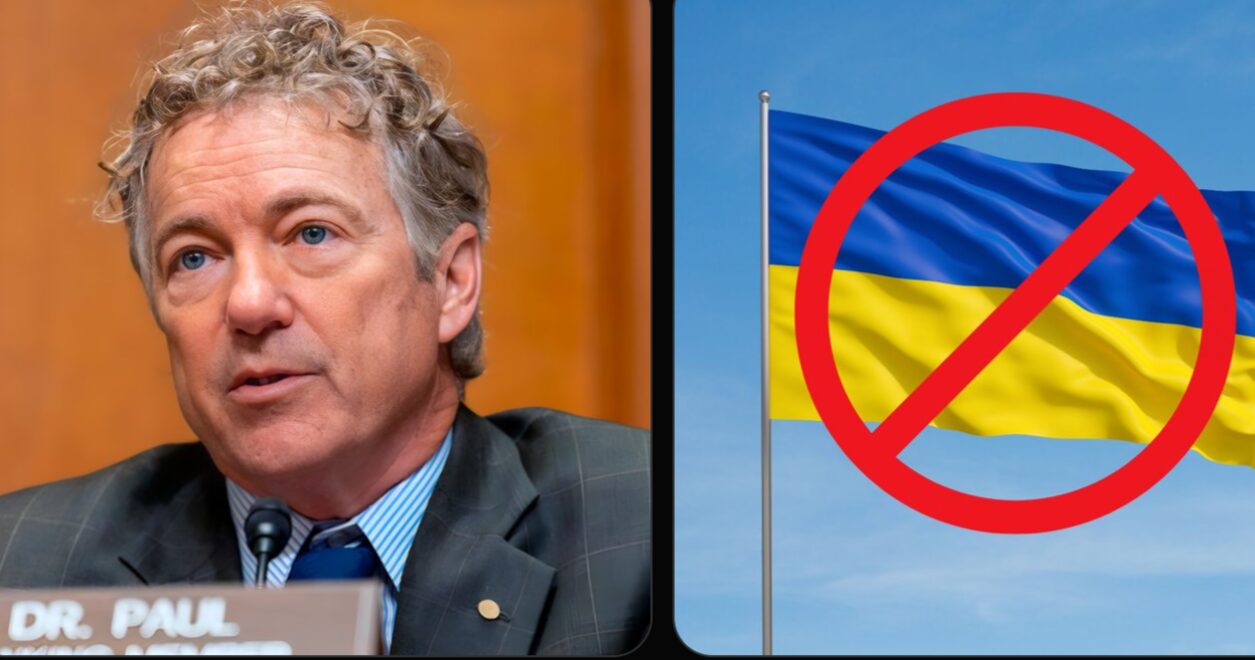
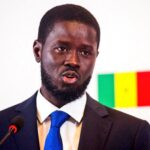
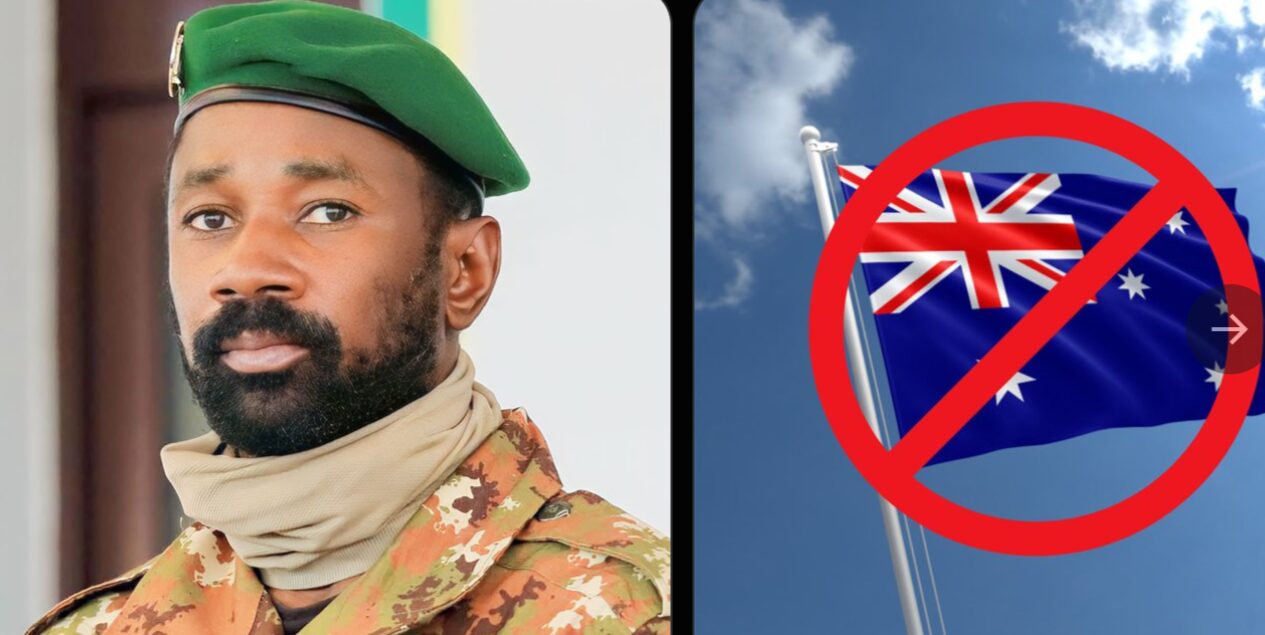
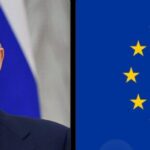
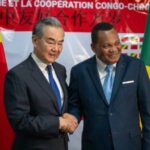
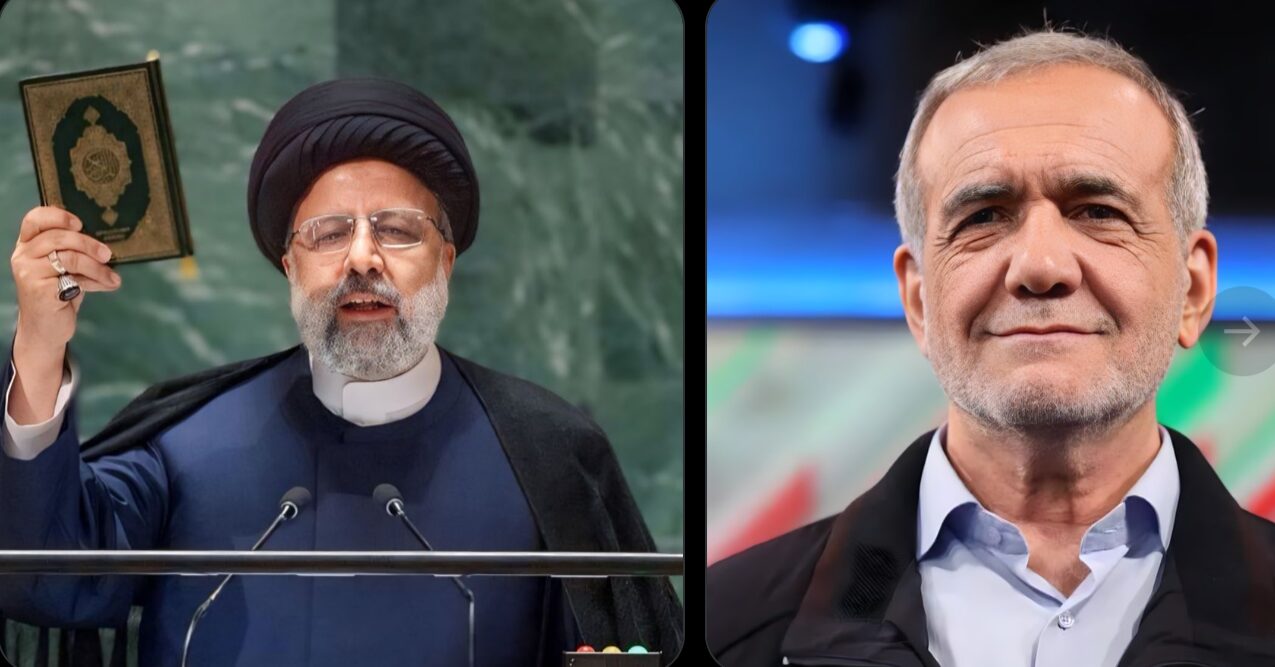
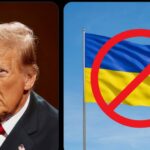








Post Comment